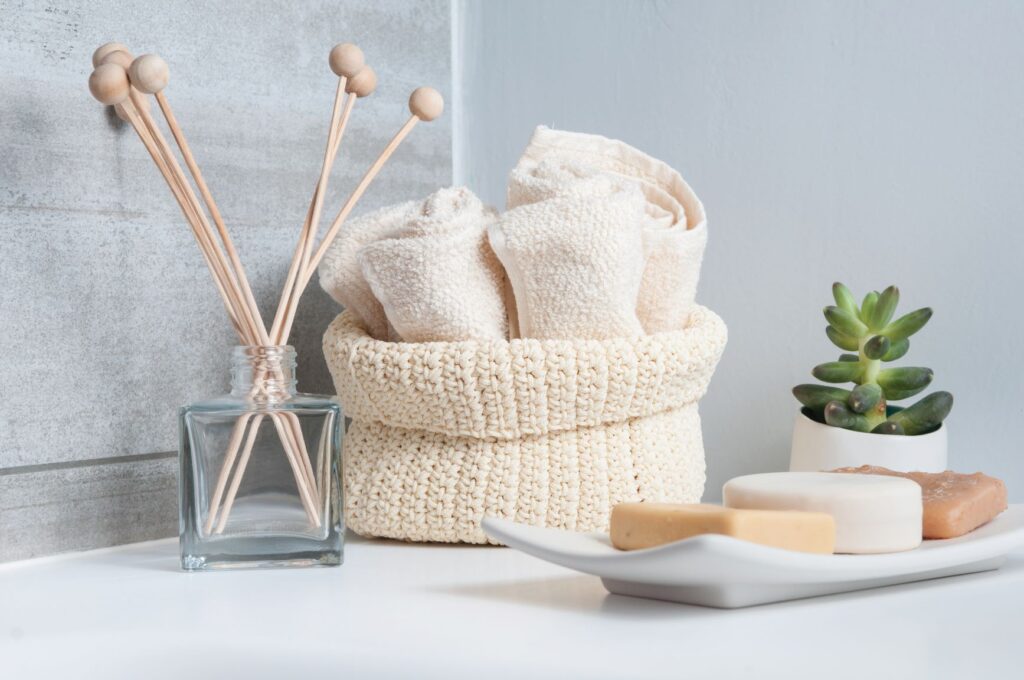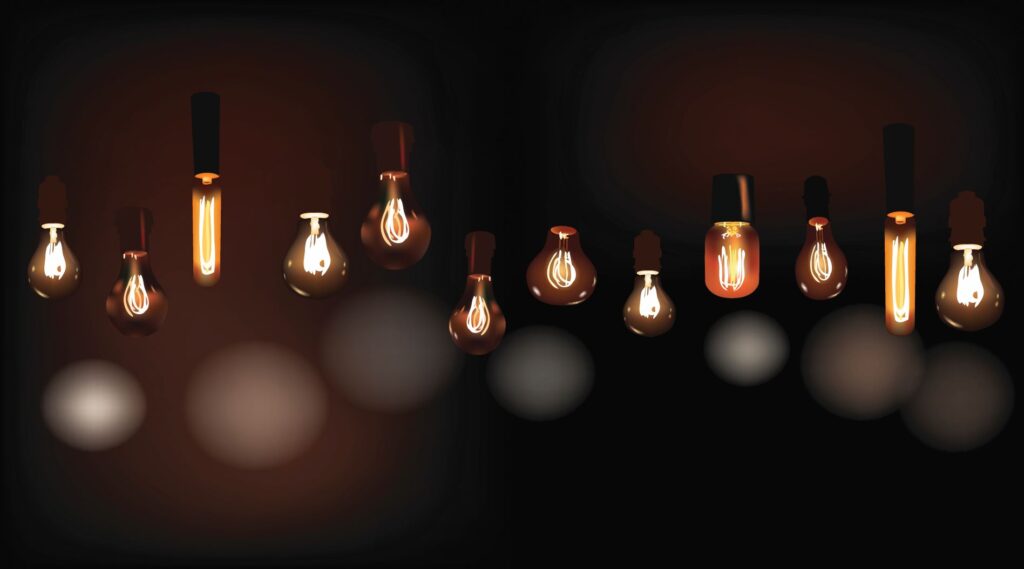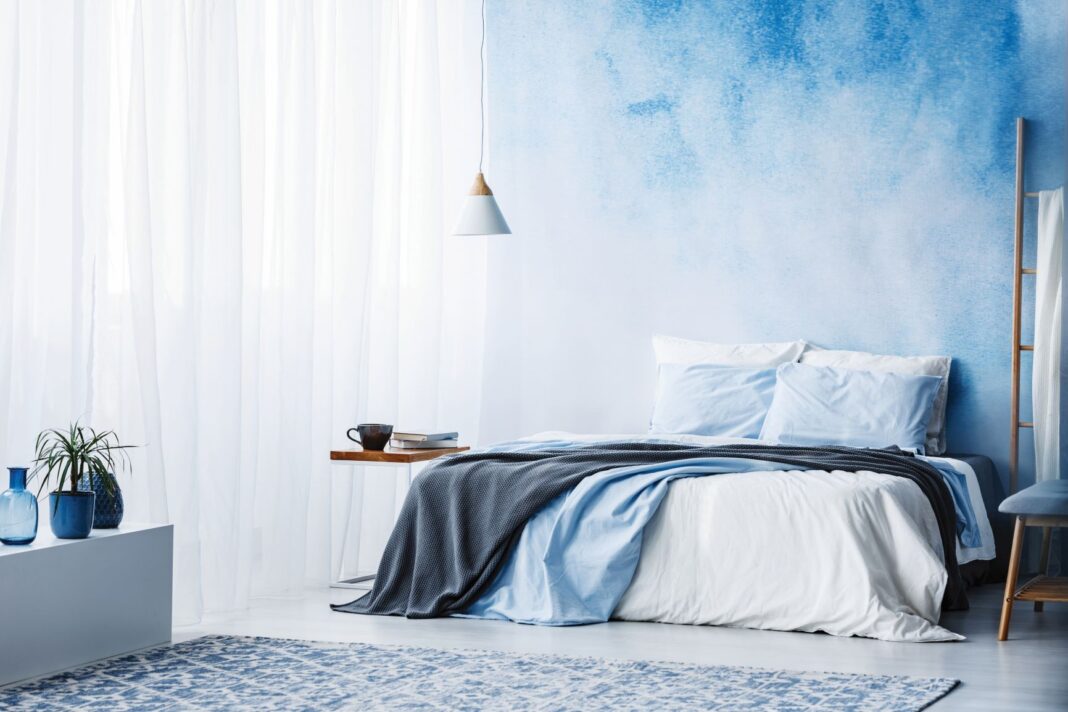Our homes can have a dramatic effect on the way we feel – from colour psychology through to the feelings that different lighting can evoke.
Lysn psychologist Noosha Anzab says it’s important to take some time to look at your home and consider what aspects will have a positive effect on your physical and mental wellbeing. She offers seven mindfulness tips for a happier home:
1 CLEAN
A messy house can make for a chaotic mind! The same goes for your workspace or desk, or those ‘everything’ drawers where things get stuffed in and the drawer gets closed without too much thought. If you’re feeling stressed, anxious, overwhelmed, forgetful or a little strung out, do some cleaning! Studies have proven the positive effects cleaning can have on our overall wellbeing, including health. The act of tidying up your space physically, allows the mind to clear simply because your mind doesn’t have to compete on processing lots of stimuli (or clutter) at once.

2 DECLUTTER
Closely linked to cleaning, decluttering can allow you to focus more on tasks. If areas of your home are looking busy or full of clutter, take some time to organise a space and dispose of anything you don’t really need. Organised chaos can exist and can actually act as inspiration for some. The aim is to be decluttered enough to improve productivity rather than facilitate feelings of being overwhelmed, swamped or messy.
3 THE POWER OF PLANTS
Studies have shown that people are happier and less stressed when they are around plants, gardening or simply outdoors. This is because plants cause an increase in oxygen levels which in turn decreases a person’s anxiety levels.

4 SCENTS
Fragrance has been known to have a huge influence on our behaviour, affecting our moods, stress levels, self-confidence and even our cognitive performance. Certain scents can help support confidence, improve focus, allow you to de-stress and just generally improve overall wellbeing.
5 USE YOUR COLOURS WISELY
Certain colours can evoke different emotions so try to be mindful of the stronger hues and what they can evoke. For example, red is the colour of energy so can have a strong impact on a person, bringing your anxiety levels up and making it harder to relax. Instead, opt for calming colours like pale blue which can make you feel relaxed, calm and peaceful.

6 CHECK YOUR LIGHTING
Lighting can have a dramatic effect on a person’s mood, health and overall wellbeing. When it isn’t right, our whole bodies can be thrown off. During daytime, we require high levels of light to stay alert and at night we need dimmed lights or none at all for sleeping. An ideal home should have a good mix of both natural and artificial light, ideally with mood lighting that can be turned up or down.
7 UPDATE YOUR BEDROOM
Take a look at how your bedroom might be affecting your sleep. Sleep is incredibly important for a well-balanced emotional state, so ensure you set the foundations right. Avoid electronics in here and go the extra mile to turn it into your retreat; after all, you spend over six hours a night in there so you need to be comfortable, undisturbed and relaxed in this space.
For more:



